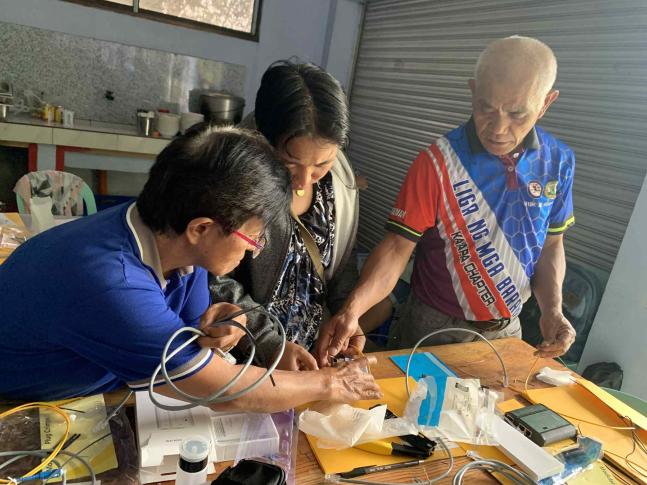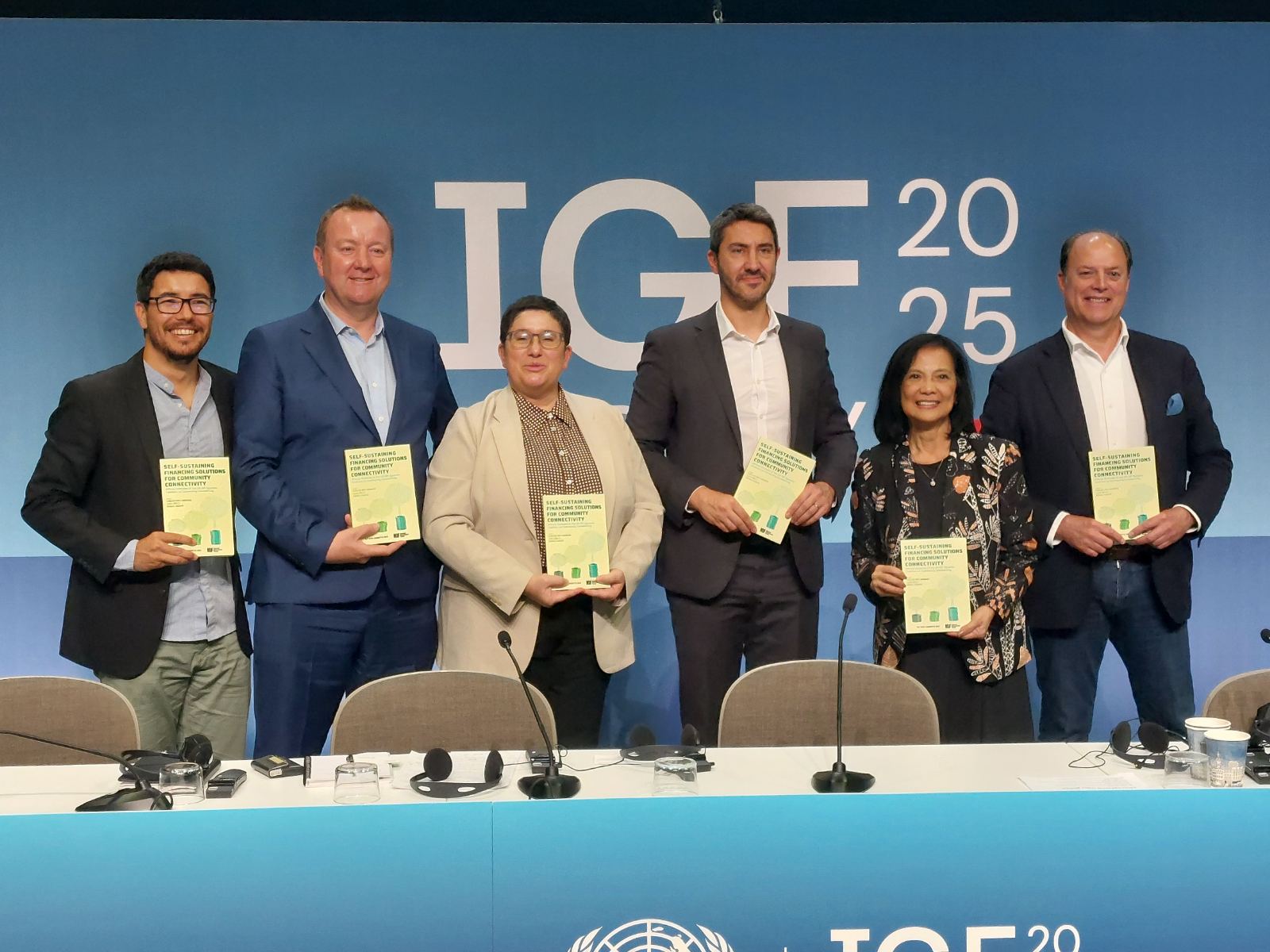
On 24 August 2025, a new law came into effect in the Philippines: the Konektadong Pinoy Act, which envisions simplifying the licensing process for internet network and service providers. This landmark legislation not only fosters healthy competition and improves access and delivery of internet services for Filipinos; it also removes long-standing barriers preventing community-centred connectivity initiatives (CCCIs) – including social enterprises in the digital industry – from participating in the country’s digital transformation. But the success of the enactment of Konektadong Pinoy will not bear fruit for the underserved and unconnected if the implementing rules and regulations (IRR) and government programmes that will be put in place do not enable these CCCIs and social enterprises to bring meaningful connectivity to marginalised communities.
In this context, a multistakeholder forum such as a Philippine Internet Governance Forum (IGF) is a timely and worthwhile initiative that could bring together government, civil society, academia, social enterprises, the business community and other stakeholders to dialogue and co-create a digital future where no one is left behind in the Philippines. As is being done in countries like Brazil and Colombia, this could be a powerful forum for creating synergy to mainstream CCCIs as stakeholders in effectively bridging the digital divide as part of an inclusive, democratically governed and human-centred internet.
In this piece, I share some experiences and lessons I learned at the most recent global IGF, highlighting ways to build relevant engagement spaces at the national and regional levels where we can move forward with concrete measures to support CCCIs.
Bridging local and global efforts
In June this year, I participated in the IGF held in Norway to amplify our advocacy for community-centred connectivity initiatives in bridging the digital divide. As my first exposure to the IGF, it was largely a learning and networking experience for me. In the main, I witnessed how the IGF has become a relevant multistakeholder platform for agenda shaping vis à vis the UN World Summit on the Information Society and its stakeholders, especially governments, multilateral agencies, the private sector, academia and civil society. I also saw how the Association for Progressive Communications (APC), together with its members and partners, have played and are playing a key role in mainstreaming CCCIs in the policy discourse of the IGF, the UN system and beyond towards shaping a digital future where no one is left behind.
While appreciating the IGF as a multistakeholder forum that has helped mainstream the agenda for an inclusive, democratically governed and human-centred internet, I also better internalised the role of the Institute for Social Entrepreneurship in Asia (ISEA) in working with APC in and out of the IGF.
During the Workshop on Self-Sustaining Solutions for Community Connectivity, I presented the results of our study entitled “Towards Measuring the Social Impact and Cost Effectiveness of Community-Centred Connectivity Initiatives”. While presenting this study, I better appreciated the value of integrating social entrepreneurship as a framework and using its tools, such as development indexing and social return on investment, to measure the impact and cost effectiveness of CCCIs. Aided by these tools, our study demonstrated that CCCIs generate significant social impacts beyond what commercial internet service providers (ISPs) can offer and that they are cost-effective in providing meaningful connectivity to underserved and unserved communities.

To ensure impact beyond the participants of the workshop, our research output on CCCIs, along with the other chapters of the Official Outcome of the UN IGF Dynamic Coalition on Community Connectivity, was presented in a book at the IGF for wide distribution. Through this workshop and publication, and also in informal engagements with CCCI practitioners and enablers, the importance of integrating social entrepreneurship as a framework and using its tools to resolve sustainability, financing and impact concerns as CCCIs scale up has been a key running thread of discussions. This was evident in discussions especially with CCCI actors in Africa, Asia and Latin America. More broadly, discussions on the potential for social entrepreneurship and the social solidarity economy as a framework for situating CCCIs as actors in building inclusive and sustainable local economies have been initiated and need to be followed through.
As I engaged with APC members who are leaders in national and regional IGFs, especially in Latin America and the Caribbean (LAC IGF) – for which Colnodo, a fellow APC member and successful promoter of the CCCI model, is the secretariat – I thought it would be important to explore the potential for a learning exchange on the value of national and regional IGFs. Such a learning exchange would help CCCI practitioners and enablers in Asia to better appreciate the potential of national and regional IGFs. With the Philippines and Indonesia as the focus countries for the Local Networks initiative in Asia, it may be timely to review and consider the role of national IGFs in these countries.
Efforts to work towards a Philippine IGF particularly have been initiated by advocacy groups like the Foundation for Media Alternatives (FMA), also an APC member, the Department of Information and Communications Technology and Internet Society Philippines. There was an Internet Governance Colloquium in October 2017 as well as a series of Internet Governance Symposia initiated by FMA after. But these have not culminated into the convening of a Philippine IGF. Now, given the opportunities opened by the passage of the Konektadong Pinoy Act, it may be timely to re-ignite efforts to convene the Philippine IGF.
Marie Lisa Dacanay holds a PhD from the Copenhagen Business School and is the president of the Institute for Social Entrepreneurship in Asia (ISEA). She attended the 2025 IGF with the support of the APC Member Engagement and Travel Fund (METF).